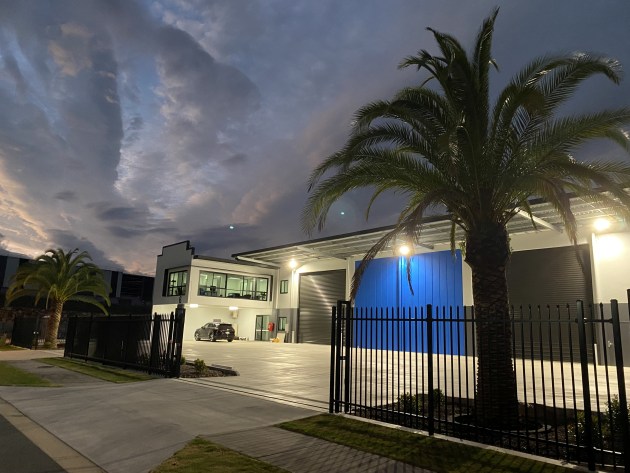Multivac is responding to the rapidly rising demand for packaging machinery and materials in Australia, with the significant expansion of its sales and logistics capacity in Queensland.
Global packaging solutions supplier Multivac has been represented for 14 years in Australia, and it has its headquarters in Melbourne as well as subsidiaries in Western Australia, Queensland, South Australia and New South Wales. The Queensland subsidiary recently reached the limits of its capacity for the fourth time, prompting the decision to move.
The company's stated aim is to have greater market penetration, faster reaction times to the changing needs in the packaging sector, and rapid supplies to customers on the ground.

In order to remain flexible and have the new premises available as quickly as possible, Multivac says the decision was made to lease a building, rather than to build completely new.
The newly leased building complex, the Yatala Building, is ideally suited – just 2kms from the previous location, and close to the M1 motorway, which connects the Gold Coast to Brisbane.
Providing an area of 1200m2, the new location offers three times as much space as the previous complex, and the storage capacity has been increased from 93 to 520 pallet places – space enough to store spare parts for packaging machines and other modules, and to stock a wide variety of films and other packaging materials.
“Here, we are in the heartland of Australian cattle farming and beef processing, which means for us, a quick route to our most important customers,” said Andrew Hutchison, managing director at Multivac Australia.
The sales and logistics activity has been running at high speed since February, due to the fact that, according to Christian Traumann, group president of Multivac, the growing requirement for sustainable packaging solutions in the Australian market, in particular, has to be met.
“The target set by the Australian government means that by 2025, 100 per cent of all packaging in the country must be reusable, compostable or recyclable,” Traumann explained.
“In addition to this, the increasing awareness by consumers of material-efficient and recyclable packaging concepts, as well as the demand for solutions from renewable resources, such as cardboard and other paper fibre-based materials, are fuelling growth on the continent enormously.”
With its comprehensive range of PaperBoard materials, Traumann said that Multivac is well-placed to meet this demand.
He added that the company’s paper fibre-based packaging concepts are precisely in tune with the spirit of the times, and they can be run without problems on Multivac’s thermoforming packaging machines and traysealers.
Andrew Hutchison sees another growth market in the area of sausage processing, since there are many small butcher's businesses in the coastal region of Queensland, which process 500 kilos of sausages or more per week.
“Here we are well able to serve the demand in the market for efficient and cost-effective automation solutions – especially for example with our sausage centrifuge and other handling modules for these products.” And last but not least, there is also further potential in the chamber machine sector for packing fresh meat and convenience products such as meat balls or burgers.






